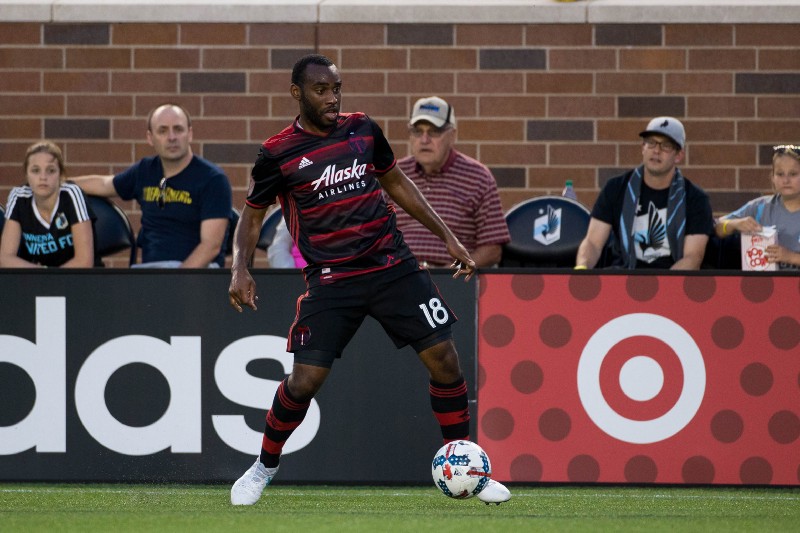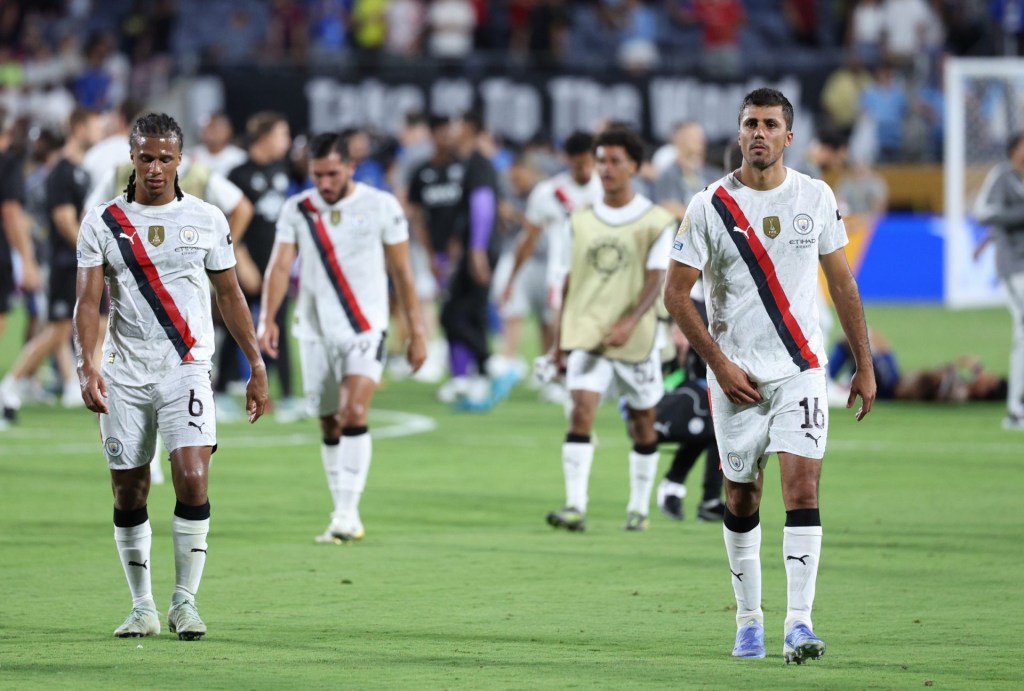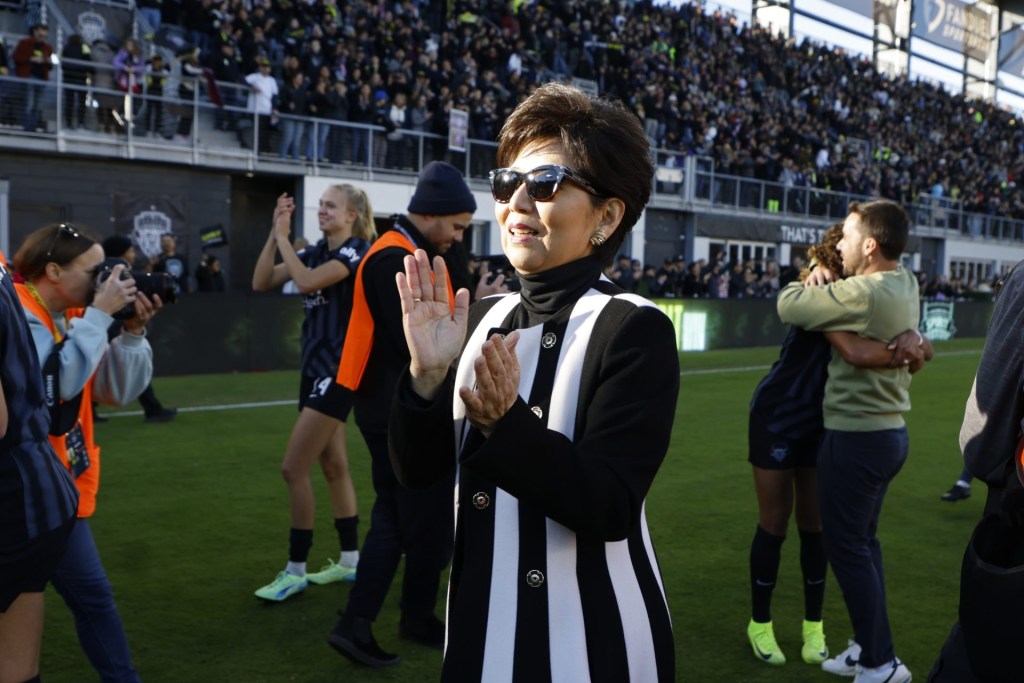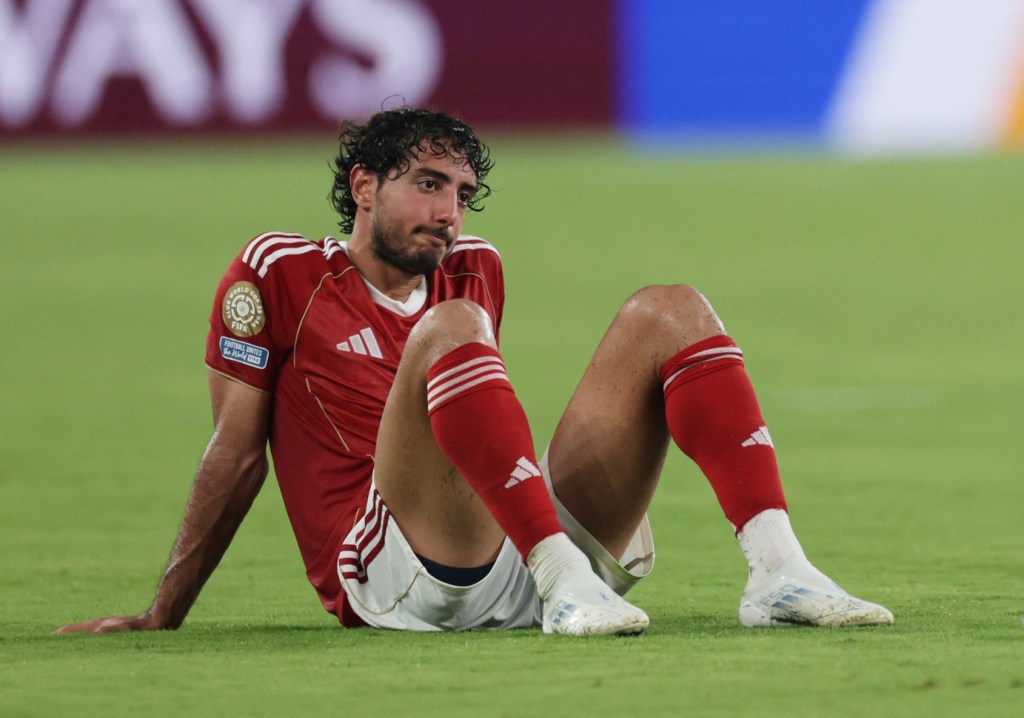The MLS player is hoping to change how professional athletes view financial literacy.
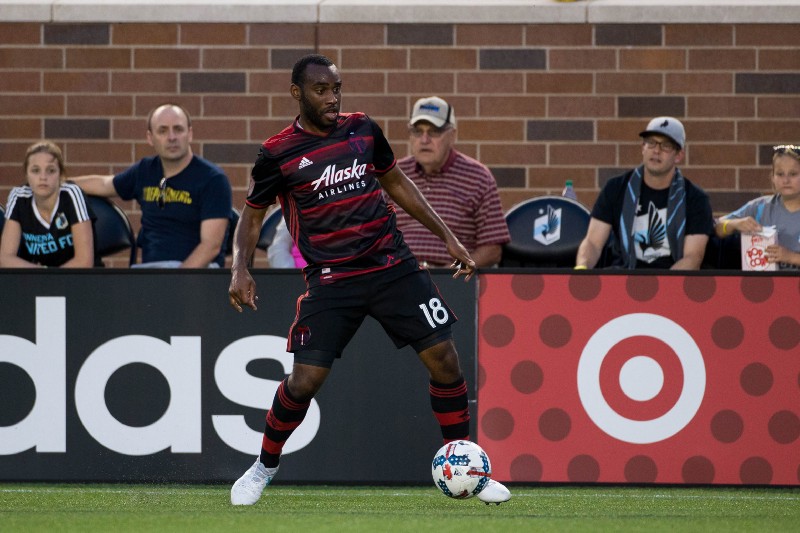
Amobi Okugo, professional soccer player for the Portland Timbers, is realistic. One day his athletic career will come to a close and there is a chapter that will come once he hangs up his cleats that he needs to be ready for. Two years ago, with this in mind, he started taking serious steps to prepare himself for life off the field.
Okugo has been an entrepreneur for as long as he can remember. Almost as long as he’s been playing soccer.
When he didn’t like hot lunch as a kid at school, he convinced his mom to make him lunch every day. Soon enough, he was selling his extra food to turn a profit. As he got older and advanced in soccer, he received hoards of new apparel and equipment for being a part of U.S. Soccer’s Youth National Team. He found he could sell some of that to earn extra money as well.
“I’ve always wanted to be financially independent and have never wanted to have to ask anyone for money or struggle to make ends meet,” says Okugo.
His ambition led him to leave UCLA following his freshman year when he was drafted into Major League Soccer (MLS). The drive and creativity that powered his entrepreneurship as a child stayed with Okugo as he turned professional.
While building his reputation on the field, he continued in school, first taking classes in community college and eventually transferring to the University of Louisville where he’s been studying online and is set to graduate this December.
Outside of school, he stayed informed on topics that interest him.
“I’ve always been interested in how athletes transition after sports. Do they go into business do or they’re high up as a CEO or president of operations for a team?”
He followed that topic closely and paid particular attention when the 30 for 30 Broke came out. Watching that documentary, something struck a cord.
“I started to look for players who didn’t go broke. I was looking and it kept showing players who lost their money through unfortunate situations and investments or athletes who are killing off the court business wise, but it was players like Lebron James, Kobe Bryant and Magic Johnson. Franchise players. I’m going to be honest with myself, I’m not Lebron James. I play in the MLS. The pay fields are different,“ says Okugo.
That experience led to conversations with his brother and best friend, both former D1 basketball players, who all came to the same conclusion.
“There’s no platform that showcases athletes who are good with their money…there are occasional articles here and there from The Players Tribune that highlights it, but there’s nothing consistent,” says Okugo.
So he created Frugal Athlete.
His mission for the site is to educate athletes about something he’s seen lacking in the sports space: financial literacy. His goal is to empower athletes, ranging from the best of the best like Lebron James, to the rookies, who are living off the salary minimum.
“The two main pillars of Frugal Athlete are promoting financial literacy for athletes and showcasing prudent financial playbooks or practices from different athletes,” explains Okugo.
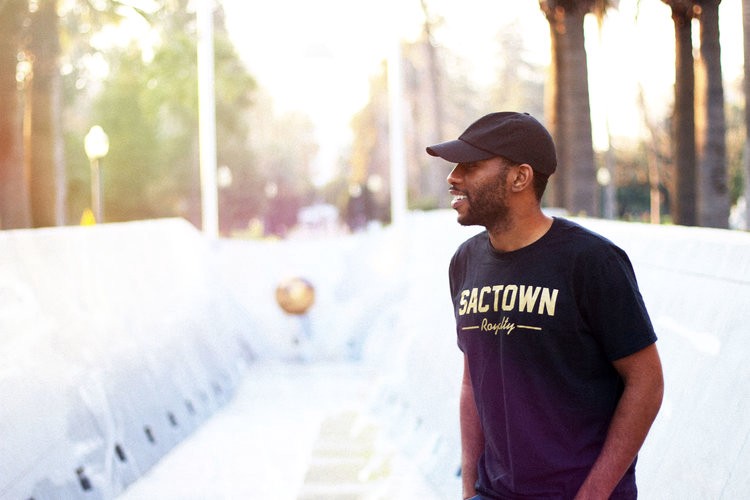
He recently started Team Frugal Tuesdays where he interviews athletes and features stories of those who have successfully managed their money or navigated their way into the business world post-sports. He also shares information on the site that breaks down financial terms like burn rate and 401 (k), as well as certain tax laws that apply to athletes.
A conversation with Okugo will blow your mind. He’s poised, polite, and well-spoken. He’s able to rattle off financial terms at the rate of a professor. It’s clear he knows what he’s talking about.
Okugo’s wealth of knowledge has been a combination self-taught and learned from a great team of advisors. He has actively sought mentors in the sports business field and aligned himself with an off-the-field team that has educated him while looking out for his best interests.
Not every athlete has that.
“There’s a lot of work to be done. You could be interested in [prudent financial practices], but there are guys in four major sports leagues who are making a minimum of $400,000. When you have that much cash you aren’t really thinking about the things you should be thinking about long-term because you can get anything you need at really short notice,” says Okugo.
One of the hard things about athletes’ participation in their personal financial management is the fact that their careers are limited.
“It’s tough because you’re playing a sport you can only play for a certain amount of time so you’re trying to compete at the highest level. At the same time, you have to be smart with your money, but a lot of time athletes just trust their financial advisors to do all the work for them.”
That shouldn’t be the case. Okugo believes there should be a collaboration between the two where the athletes are aware of what is happening with their finances so they are better prepared for the future.
He’s building a platform to create that.
At only 26 years old, Okugo still has several years of a soccer career ahead of him, but that isn’t stopping him from planning ahead. His goal over the next few years is to build out Frugal Athlete so it is able to reach and empower more athletes. He’s developing pamphlets to promote financial literacy and would eventually like to explore a partnership with leagues, such as the NFL or NBA, to integrate Frugal Athletes’ resources with rookie trainings.
When his soccer career does come to a close, he hopes Frugal Athlete will be acquired by a larger sports business publication so he can shift his focus to creating a management consulting firm with an emphasis on sports.
In the meantime, Okugo will continue to educate athletes from the Kevin Durants of the world to the newly signed rookies. While growing Frugal Athletes platform, Okugo will continue to live its values and share its resources with all those who are ready to learn.
Check out Frugal Athlete at https://www.afrugalathlete.com/ and follow Amobi Okugo on Twitter @amobisays.
This piece has been presented to you by SMU’s Master of Science in Sport Management.
Front Office Sports is a leading multi-platform publication and industry resource that covers the intersection of business and sports.
Want to learn more, or have a story featured about you or your organization? Contact us today.
